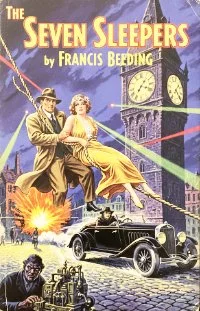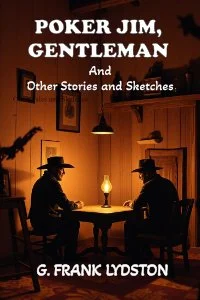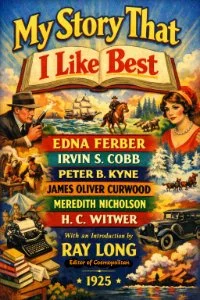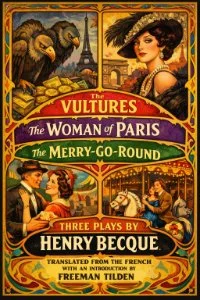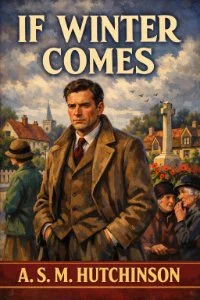By Guy Boothby. Introduction by Colin Heston
This volume brings together some of the most imaginative and high-stakes narratives from the pen of Guy Boothby, a writer who reigned as one of the most popular masters of the Victorian "shocker." At a time when the British Empire was at its zenith and the possibilities of modern technology were just beginning to fire the public imagination, Boothby crafted stories that blended geopolitical intrigue with the dark, uncharted corners of the globe.
The centerpiece of this collection, The Kidnapped President (1902), catapults the reader into a world of political conspiracy and daring maritime adventure. Set against the backdrop of a South American revolution, the story follows the audacious abduction of a head of state and the relentless pursuit that follows. Boothby’s personal history as a world traveler is evident here; his descriptions of the sea and the desperate maneuvers of those living on the edge of the law carry an authenticity that few of his contemporaries could match. It is a quintessential example of the "international thriller" before the genre had even fully formed, exploring themes of loyalty, power, and the high price of political ambition.
In A Crime of the Under-Seas (1905), Boothby pivots toward a more localized but no less intense mystery. This narrative delves into the treacherous world of pearl fishing and the cutthroat competition of the maritime trade. When a valuable discovery is marred by a calculated crime, the story becomes a tense examination of greed and the lengths to which men will go when they believe they are beyond the reach of land-based authorities. It serves as a perfect companion to the broader political scope of The Kidnapped President, focusing instead on the gritty, high-stakes reality of those who make their living on the ocean's floor.
Rounding out this edition is a selection of Boothby’s shorter fiction, which highlights his versatility as a storyteller. From eerie tales of the supernatural to sharp, punchy vignettes of colonial life, these stories demonstrate the narrative economy that made him a favorite of the era's leading magazines. Whether he is exploring a haunted family legacy or a clever piece of detective work, Boothby’s prose remains relentlessly paced, always keeping the reader’s curiosity at a fever pitch.
Together, these works offer a vivid window into the anxieties and fascinations of the early 20th century. Guy Boothby understood that his audience craved both the thrill of the unknown and the satisfaction of a justice served, and in this collection, he delivers both with his trademark energy. From the corridors of power to the depths of the sea, this volume invites you to rediscover a pioneer of the thriller genre at the height of his creative powers.
Read-Me.Org Inc. New York-Philadelphia-Australia. 2026. 200p.














